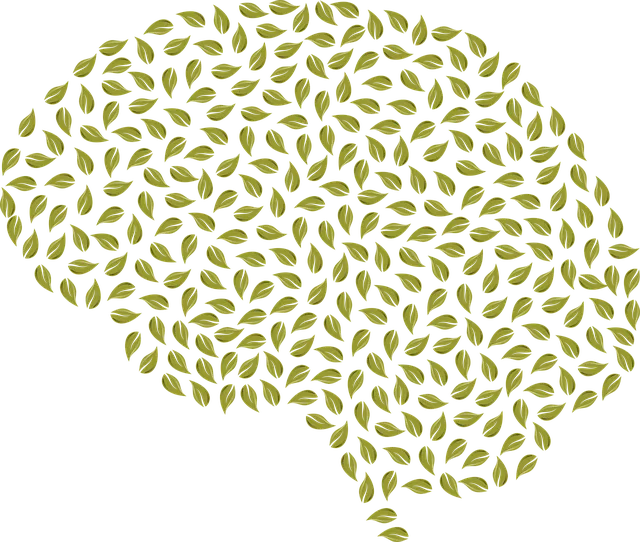Community outreach programs like those offered by Kaiser Permanente in Lafayette play a crucial role in addressing mental health needs where specialized care is limited. These initiatives focus on crisis intervention, emotional healing, and self-esteem workshops, empowering individuals to navigate life's challenges. Kaiser Permanente's program in Lafayette is commendable for its accessibility and cultural sensitivity, utilizing active listening, partnerships, and policy analysis to address local mental health determinants. Evaluating these programs through attendance rates, client feedback, and changes in self-reported mental health indicators is vital, ensuring data-driven success and improved patient outcomes within marginalized communities.
Community outreach programs play a pivotal role in enhancing access to mental health services, especially in areas like Lafayette where needs may outstrip resources. This article delves into this crucial initiative, starting with an exploration of community outreach as a foundational strategy for mental health service delivery. We then present Kaiser Permanente’s innovative approach in Lafayette, showcasing their engagement tactics. Furthermore, we discuss measuring success through program impact evaluation, highlighting the importance of understanding what works best in expanding mental health accessibility.
- Understanding Community Outreach: A Foundation for Mental Health Services
- Kaiser Permanente's Approach to Community Engagement in Lafayette
- Measuring Success: Evaluating the Impact of Mental Health Outreach Programs
Understanding Community Outreach: A Foundation for Mental Health Services

Community outreach programs are a vital foundation for mental health services, especially in areas like Lafayette where access to specialized care may be limited. Organizations like Kaiser Permanente recognize the importance of reaching out to communities to address their unique mental health needs. By implementing these initiatives, they aim to bridge the gap between healthcare and those who might otherwise struggle to receive support.
Outreach efforts often focus on providing Crisis Intervention Guidance, ensuring that individuals in distress have immediate access to resources. Moreover, these programs emphasize Emotional Healing Processes, catering to the specific trauma or stress-related issues prevalent within the community. Additionally, self-esteem improvement workshops and initiatives play a crucial role in fostering mental well-being, empowering individuals with tools to navigate life’s challenges more effectively. Such comprehensive approaches not only benefit individuals but also contribute to the overall public health of Lafayette.
Kaiser Permanente's Approach to Community Engagement in Lafayette

In Lafayette, Kaiser Permanente has taken a commendable step towards fostering community engagement with its comprehensive Community Outreach Program Implementation. The initiative aims to bridge the gap between healthcare services and the local population, ensuring that mental health support is accessible to all. Recognizing the vital role of community outreach in promoting well-being, Kaiser Permanente offers a range of services, including mental health counseling and advocacy, tailored to meet the unique needs of Lafayette residents.
This approach extends beyond mere service provision; it involves active listening and empathy building strategies. By engaging with the community through collaborative partnerships and Mental Health Policy Analysis and Advocacy, Kaiser Permanente gains insights into local challenges and cultural nuances. This enables them to design interventions that resonate deeply with the folks of Lafayette, addressing not just symptoms but also the underlying social determinants of health. Such an inclusive strategy ensures that mental healthcare is not only available but also culturally sensitive and relevant to those who need it most.
Measuring Success: Evaluating the Impact of Mental Health Outreach Programs

Evaluating the success of community outreach programs is paramount to understanding their true impact on mental health in areas like Lafayette where healthcare access can vary widely. Metrics such as program attendance, client feedback, and changes in self-reported mental health indicators offer valuable insights. For instance, a Community Outreach Program Implementation focusing on mental health services in Lafayette by an organization like Kaiser Permanente might see increased participation over time, indicating growing awareness and trust in these services.
Furthermore, assessing the cultural competency of healthcare providers involved is crucial. Training initiatives aimed at enhancing this competency can lead to improved patient outcomes and satisfaction. By measuring improvements in self-esteem and mental well-being, especially within marginalized communities, we can gauge the effectiveness of such programs. This data-driven approach ensures that outreach efforts are not only reaching but also profoundly impacting the lives of those they serve.
Community outreach programs, such as those implemented by Kaiser Permanente in Lafayette, play a pivotal role in expanding access to mental health services. By understanding the unique needs of the community and leveraging strategies that resonate locally, organizations like Kaiser Permanente can effectively address mental health disparities. Measuring success through rigorous evaluation ensures these programs remain impactful and adaptable, ultimately fostering healthier communities. In light of these findings, it’s clear that Kaiser Permanente’s approach to community engagement in Lafayette does indeed contribute significantly to the availability of mental health services for those who need them most.






